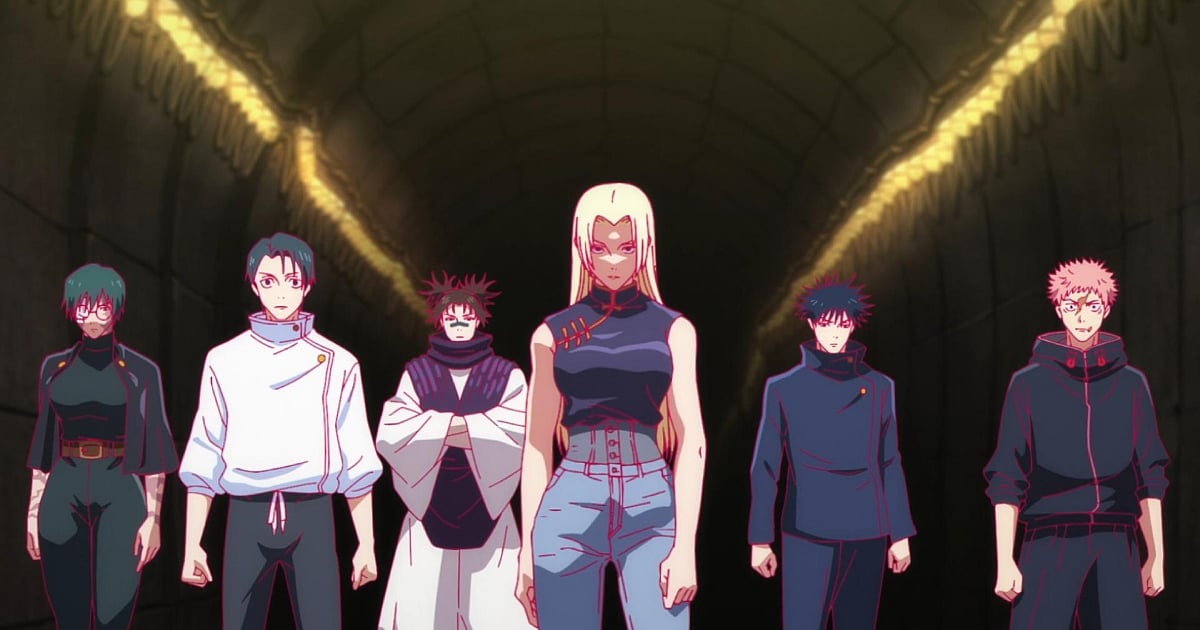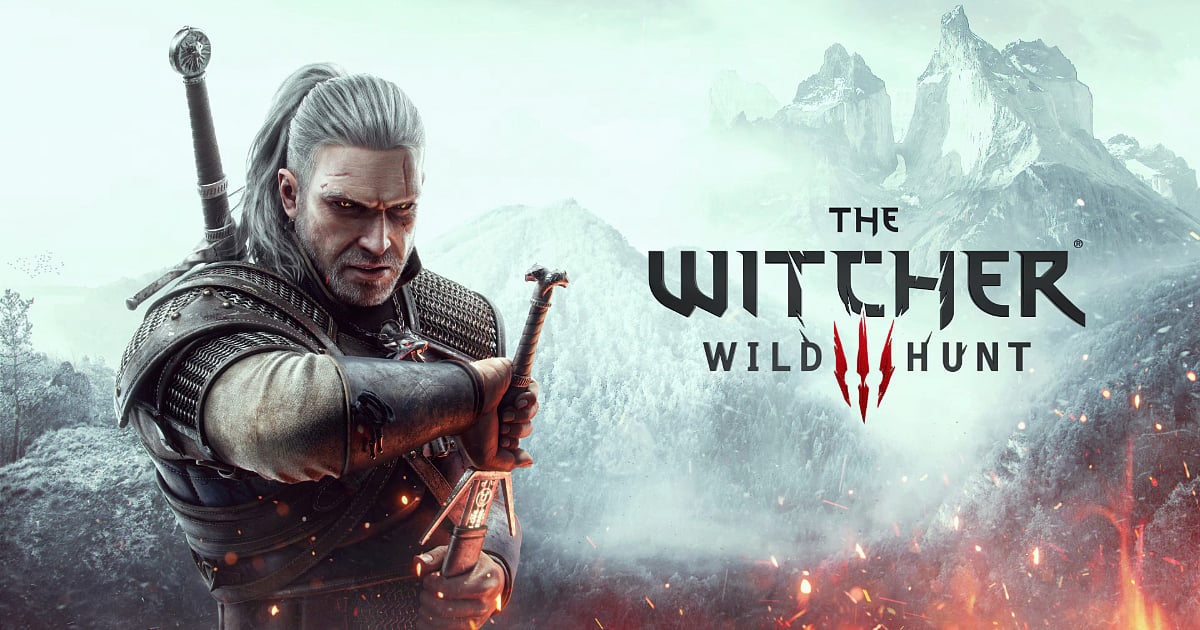
Sony Accuses Tencent of 'Shell Game' After Failed Last of Us Talks
Sony Accuses Tencent of 'Shell Game' After Failed Last of Us Talks
Videogame giant alleges Chinese conglomerate uses subsidiaries to shield itself from intellectual-property liability over 'Horizon' franchise
Highlights
- Sony sues Tencent, alleging its game Light of Motiram infringes Horizon Zero Dawn’s characters and world design.
- Sony claims Tencent hides behind subsidiaries like Aurora Studios to evade IP liability.
- The case highlights rising cross-border IP battles, echoing disputes like PUBG vs. Garena and Pokémon vs. Pocketpair.
Sony Interactive Entertainment has accused Tencent Holdings Ltd. of orchestrating a "shell game" through its subsidiaries to evade liability for allegedly infringing on Sony's "Horizon" videogame franchise, according to a lawsuit filed this week in California federal court.
The dispute centers on "Light of Motiram," a game developed by Tencent subsidiaries Aurora Studios and Polaris Quest that Sony claims copies distinctive elements from its "Horizon Zero Dawn" title. The controversy emerged after the game's December 2024 reveal drew immediate comparisons to Sony's franchise.
The legal battle comes after partnership discussions between the companies broke down in July 2024. According to court filings, PlayStation Studios' head of mobile Olivier Courtemanche traveled to China to explore a potential mobile adaptation of "The Last of Us" with Tencent-backed studios. During that meeting, Aurora Studios unexpectedly pitched a "Horizon" collaboration that Sony had already rejected.
Sony alleges "Light of Motiram" appropriates the artistic blueprint of "Horizon Zero Dawn," including its red-haired female protagonist, mechanical creatures and post-apocalyptic landscapes overtaken by vegetation. The original "Horizon" game, released in 2017 for PlayStation 4, follows Aloy as she navigates a world populated by robotic animals and human tribes.
Sony Claims Tencent Structure Deflects Legal Responsibility
The Japanese gaming company's legal team contends Tencent deliberately structures its operations through smaller studios to insulate the parent company from legal exposure. While Tencent holds the U.S. trademark and domain rights for "Light of Motiram," the company maintains that the creative work belongs to its subsidiaries.
In preliminary injunction filings, Sony directly called out what it termed Tencent's strategy of using subsidiaries and intellectual-property holding entities to deflect responsibility. The company argues this corporate structure makes it difficult to assign liability in cross-border intellectual-property disputes.
Tencent has dismissed Sony's claims as premature, noting the game won't launch until 2027. The Chinese conglomerate filed a countersuit alleging Sony sought a monopoly on genre conventions, though the case was dismissed.
Sony's filing cites videogame journalists who have described "Light of Motiram" using terms including "knock-off" and "Horizon Zero Originality." The company says the similarities jeopardize the future success of its franchise.
The case reflects broader tensions in the videogame industry over intellectual-property enforcement across international boundaries. Similar disputes have emerged in recent years, including PUBG Corp.'s 2022 case against Garena and Pokémon Company's 2024 lawsuit against Pocketpair, where complex corporate structures complicated questions of accountability.

Author
Kamalikaa Biswas is a content writer at Outlook Respawn specializing in pop culture. She holds a Master's in English Literature from University of Delhi and leverages her media industry experience to deliver insightful content on the latest youth culture trends.
Related Articles







